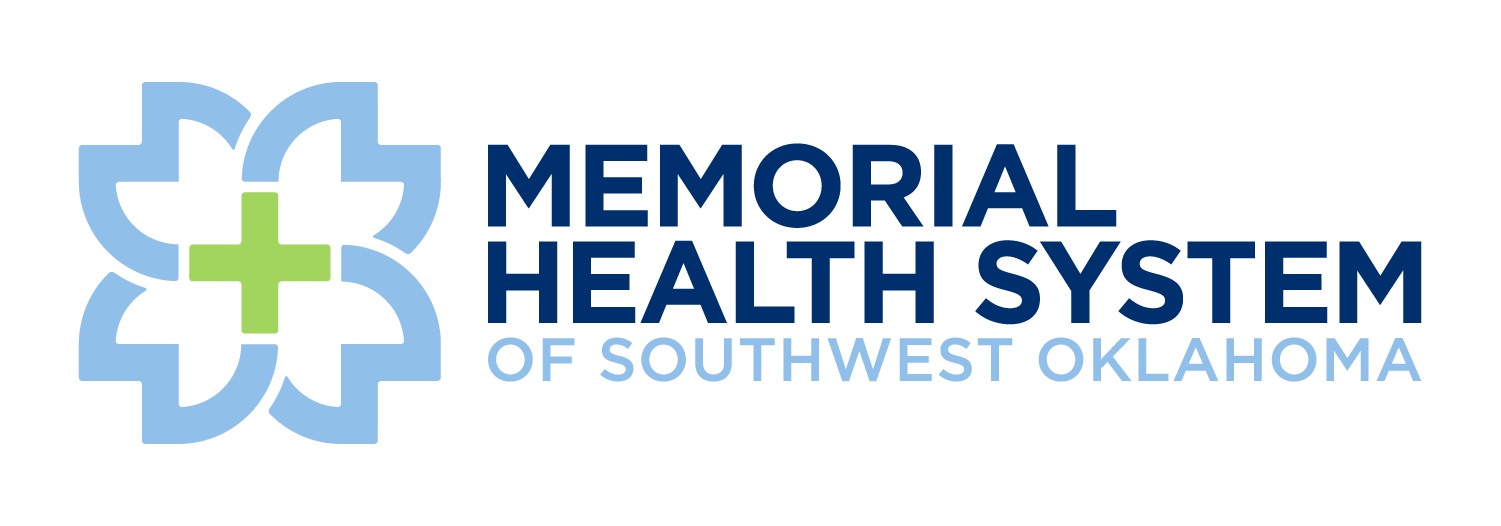Sickle Cell Disease (SCD) is an inherited blood disorder that affects many people worldwide. It is caused by a genetic mutation that affects the hemoglobin in red blood cells, causing them to become rigid and sickle shaped. These crescent shaped cells have difficulty passing through small blood vessels which can result in less blood reaching parts of the body. This may result in tissue becoming damaged and can cause further complications. With proper care and treatment, those living with SCD can manage the condition and live long, healthy lives.
SCD is Common Among Certain Ethnic Groups
Sickle cell disease affects the lives of about 100,000 Americans. Most Americans who are affected by SCD are of African descent. While SCD can affect people of any ethnic background, it is more common in certain ethnic groups. It is more common in those with ancestors from these regions:
- Central and South America
- The Middle East
- Asia
- India
- The Mediterranean
Children and SCD
Sickle cell conditions are inherited from parents. Therefore, a child may get sickle cell disease when they receive two sickle cell genes – one from each parent. According to Sickle Cell Disease Association of America, the following are examples of how children may inherit sickle cell disease.
- If one parent has Sickle Cell Anemia (SS disease) and the other is Normal, all the children will have sickle cell trait.
- If one parent has Sickle Cell Anemia (SS) and the other has Sickle Cell Trait (AS), there is a 50% chance (or 1 out of 2) of having a baby with either sickle cell disease or sickle cell trait with each pregnancy.
- When both parents have Sickle Cell Trait, they have a 25% chance (1 of 4) of having a baby with sickle cell disease with each pregnancy.
SCD Can be Cured for Certain Patients
A bone marrow transplant may be a cure for those with sickle cell disease (SCD). It involves collecting healthy cells from a donor’s bone marrow and transferring those cells into a patient with SCD. A bone marrow transplant is not without serious risk and may not be a good choice for some patients. It’s important to receive advice from a bone marrow transplant expert about whether it’s a good option.
Anemia and SCD
For those with SCD, red blood cells die early which doesn’t leave enough cells to carry oxygen throughout the body. This will often result in anemia. The anemia will then cause tiredness because the body’s tissues aren’t getting enough oxygen delivered to them.
SCD and a Quality Life
It is possible for a patient with sickle cell disease to live a long, quality life. More than 95% of newborns who have been diagnosed with SCD will live to be adults. Those with SCD can lower any chances of complications by doing the following:
- Get regular checkups with a doctor
- Follow treatments prescribed by a doctor
- Prevent infections by washing hands, etc.
- Practice healthy habits like drinking plenty of water and eating healthy food
It is essential to undergo regular checkups and receive appropriate care from healthcare professionals to manage sickle cell disease effectively. By being proactive in seeking medical attention and staying informed about the condition, individuals with SCD can lead healthy and fulfilling lives. If you’re in need of a primary care physician, check out Comanche County Memorial Hospital’s Find A Provider tool. CCMH’s medical professionals would love the opportunity to provide you with care!
Resources:
https://www.sicklecelldisease.org/sickle-cell-health-and-disease/types/
https://www.cdc.gov/ncbddd/sicklecell/materials/infographic-5-facts.html
Disclaimer
The Comanche County Memorial Hospital website does not provide specific medical advice for individual cases. Comanche County Memorial Hospital does not endorse any medical or professional services obtained through information provided on this site, articles on the site or any links on this site.
Use of the information obtained by the Comanche County Memorial Hospital website does not replace medical advice given by a qualified medical provider to meet the medical needs of our readers or others.
While content is frequently updated, medical information changes quickly. Information may be out of date, and/or contain inaccuracies or typographical errors. For questions or concerns, please contact us at contact@ccmhhealth.com.

